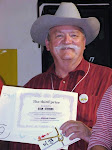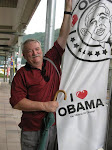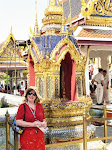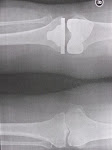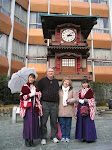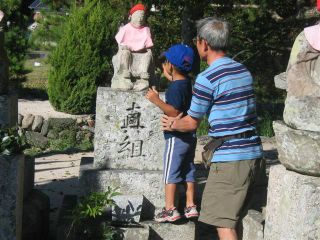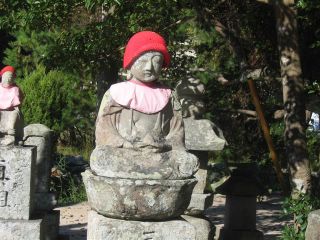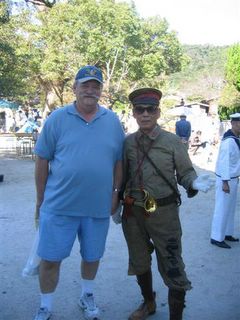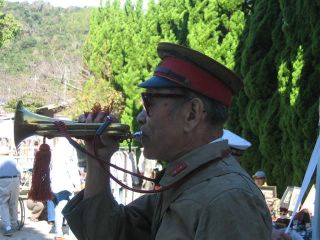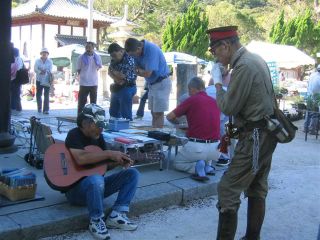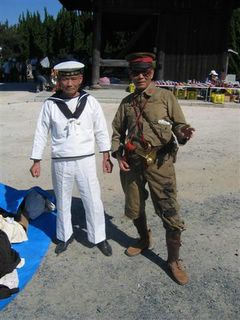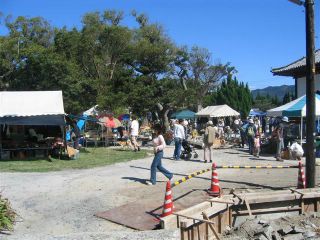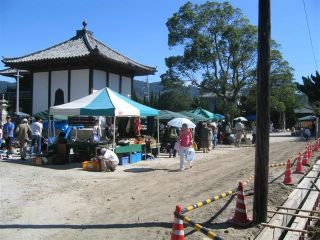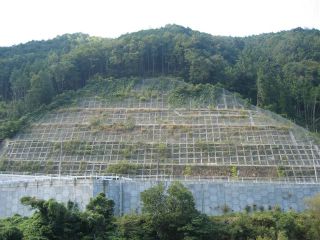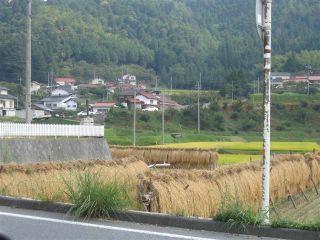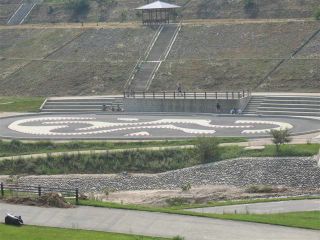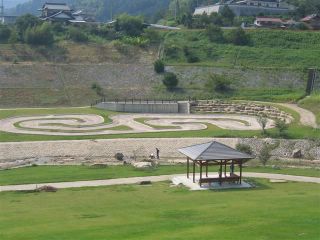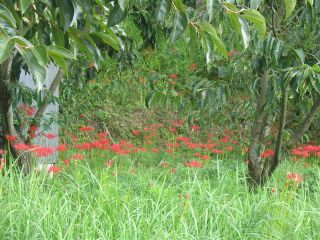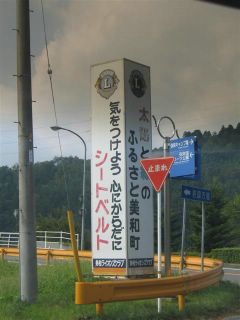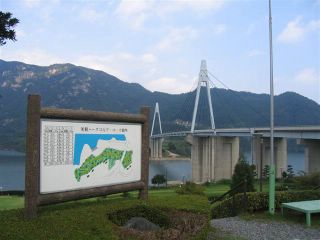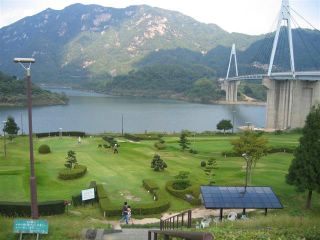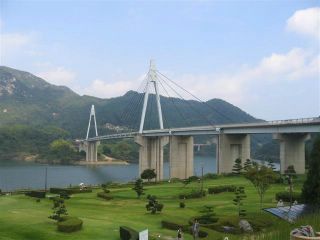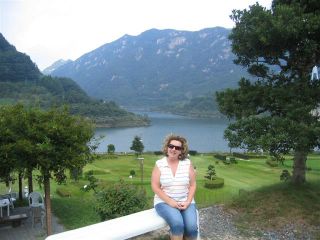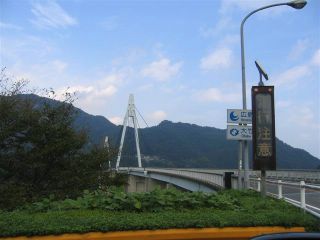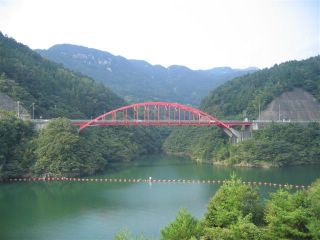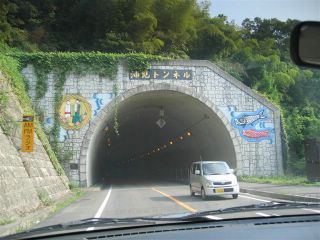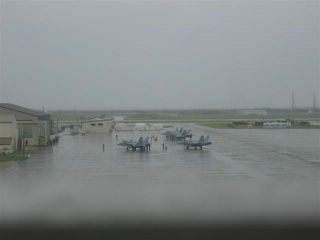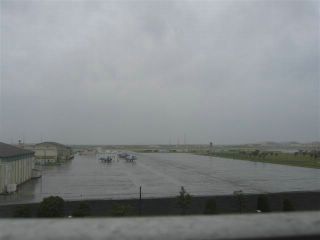I just turned on the TV & it was still on the US news station from this morning. They were STILL rehashing who’s to blame in the aftermath of Hurricane Katrina. Are the poor being discriminated against, is it a racial issue, why can’t the help come faster? Who’s going to lose their jobs next? I know it was horrible, but I just can’t watch it anymore. About a week after Hurricane Katrina, Japan was hit with Typhoon Nabi (#14), which did tremendous damage. I was listening to a US newscast one morning and the commentator was criticizing Japan for not giving more millions to the US to help with the Katrina cleanup. He joked about how they spent more than that on their sushi. While he was talking, we were under alert for another typhoon. Living in Japan has given me a whole different perspective on things. This is a country where they have numerous devastating and deadly typhoons EVERY year -- there is always great damage & people die. I don’t know what government plans, if any, they have here in place for the aftermath. We are now watching Typhoon #19 & wondering if it will turn & miss us or head our way. The people here know this is a way of life when you live near the sea. They keep an eye on each storm, and prepare as best they can, but living near the sea is a choice one makes. So, when it hits (not if, but when) they just help each other, quietly start cleaning up as soon as the flood waters recede, pick up the mess and start rebuilding. I have not heard one word about anyone blaming anyone else. (We watch the Japanese news translated into English most nights.) This has been going on for thousands of years. While attending my chigerie (paper tearing art) class about a week after the last typhoon, there were trucks riding around the Japanese neighborhood where our class meets. They were driving slowly and announcing something over their loudspeaker. We asked our sensei to translate and she said they were asking for donations to help those who had lost their homes as a result of the typhoon. As we looked out the windows, people were bringing out furniture, bedding, and food to share with their neighbors. The ones who have, give to those who have not. Everyone who can, pitches in to clean up until it’s back the way it was. It’s pretty basic. Maybe it’s time the USA learned a lesson from these polite & patient people.
Margie Stevens, Iwakuni, Japan
Thursday, September 29, 2005
Hikari flea market revisited
Last Sunday, was a gorgeous sunny, but a little cooler day, so we decided to go back to the monthly Hikari flea market. In addition to antiques, there are also fabrics, food & handmade items for sale. The beautiful thing about this market is that it is held in temple grounds, near the sea.
Tuesday, September 27, 2005
Sunday Adventure
A Sunday “adventure” drive a couple of weeks after Typhoon Nabi. We started out driving along the Nishi River, but parts of the road had collapsed and it was under construction, so we turned onto another road & headed toward Miwa & then Otake, before heading back to Iwakuni. Near Otake, we discovered a beautiful lake & bridge, with a “mini” sized golf course.
Typhoon Nabi
The first week in September, we were sideswiped by Typhoon Nabi. It was headed directly for us, but veered slightly away at the last minute. Although we were safe on base, the Island just south of us, Kyushu, was hit very hard. Even in the old part of Iwakuni, the beautiful Kintai Bridge was damaged and all of the cormorant boats were destroyed when the Nishi River flooded. We have not been down there due to the roads that are damaged. Mudslides also caused retaining walls and structures to collapse, and several people were killed. In the last picture, you can see how high the river came up outside of town.
Subscribe to:
Comments (Atom)















